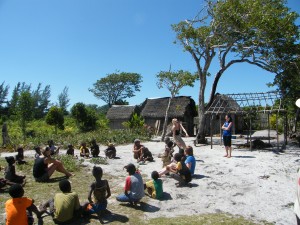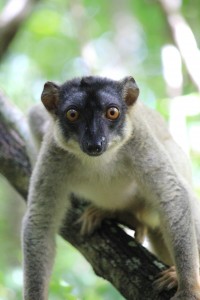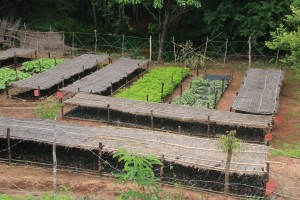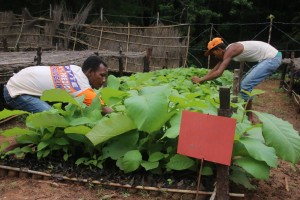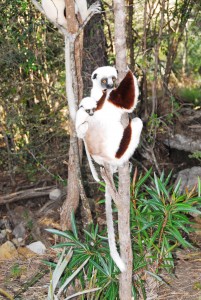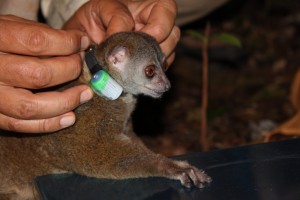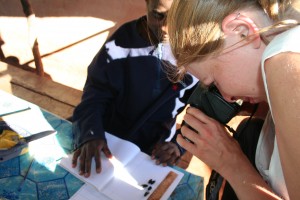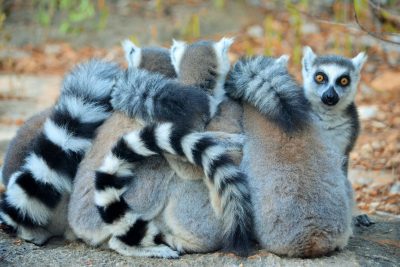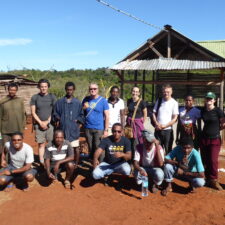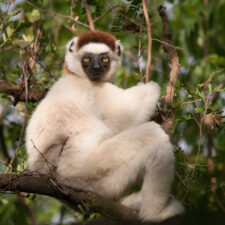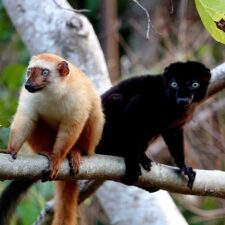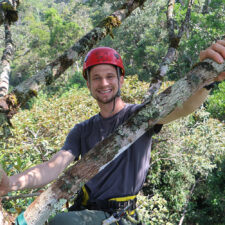Centre ValBio & the Institute for the Conservation of Tropical Environments
What We Do
The Institute for the Conservation of Tropical Environments (ICTE) was established by Dr. Patricia Wright in 1991 to encourage and promote scientific research, training and conservation in the tropics. We (together with Stony Brook University) maintain a state-of-the-art research station, Centre ValBio, adjacent to Ranomafana National Park in eastern Madagascar. This research station hosts hundreds of researchers, students, and eco-tourists each year; it is truly the only facility of its kind in the country.
Centre ValBio (CVB) was founded in 2003 and helps both indigenous people and the international community better understand the value of conservation in Madagascar and around the world.
Centre Valbio has three main objectives:
- To promote world-class research in one of the world’s most biologically diverse and unique ecosystems
- To encourage environmental conservation by developing ecologically sustainable economic development programs with local villages
- To provide the local villagers with the knowledge and tools to improve their quality of life through projects focused on sanitation, diet, and education, and ultimately reduce poverty in the area
How We Protect Lemurs And Other Wildlife
The Ranomafana National Park – which protects 41,500 hectares of rainforest – was created with the help of Dr. Patricia Wright, the founder of ICTE and Centre Valbio. Since the creation of this park, the organization has continued to help bring attention to the plight of lemurs and biodiversity in Madagascar at the regional, national, and international level.
Long-term research programs are a big priority for ICTE. We train scientists at all levels through field-based courses, collaborations, and academic exchanges. More than 400 scientific publications have directly resulted from work conducted in partnership with the Centre ValBio. In addition, we also conduct biodiversity research and ecological assessments of tropical ecosystems, and coordinate and catalog the work of over 800 natural and social scientists!
Successes at Centre ValBio include the translocation of three Greater bamboo lemur from a forest fragment to the national park, as well as the discovery of a thriving group in a nearby region!
What Lemur Species We Protect
The work of ICTE/Centre Valbio places particular emphasis on the region surrounding the Ranomafana National Park, in eastern Madagascar. This park is host to several lemur species, including:
- Aye aye (Daubentonia madagascariensis)
- Brown mouse lemur (Microcebus rufus)
- Eastern wooly lemur (Avahi laniger)
- Golden bamboo lemur (Hapalemur aureus)
- Greater bamboo lemur (Prolemur simus)
- Milne-Edwards’ sifaka (Propithecus edwardsi)
How We Support Local Communities
One of the central missions of ICTE/Centre Valbio has been collaboration and partnerships with the local Malagasy community. We employ over 80 local Malagasy as guides and staff for the research station, and opened up opportunities for work in the park and surrounding areas. In addition to providing sustainable employment, Centre Valbio organizes multiple outreach programs in the fields of education, the arts, sustainable agriculture, and reforestation.
Conservation outreach
Centre ValBio leads outreach and public awareness programs that highlight the unique biodiversity of Madagascar; most of this is achieved through 15 conservation clubs spread across 22 villages that contain almost 500 members. Audiovisual and hands-on demonstrations are also used to deliver education on biodiversity and reforestation in 19 local schools. Centre ValBio and ICTE also support a range of education initiatives in the Ranomafana region.
Reforestation program
Centre ValBio undertakes educational outreach aimed at teaching the value of trees, not just for animals, but for clean water and erosion control as well. Reforestation initiatives have also targeted schools through their “from schools to the communities programs”, which has worked with 22 villages and 15 clubs on reforestation initiatives.
Health and hygiene
At Centre Valbio we work to improve the local communities’ nutritional conditions through education, implementation of infrastructure, and follow-up on improved sanitary practices. For example, we provide seeds and training for vegetable gardens to improve nutritional conditions in impoverished rural communities.

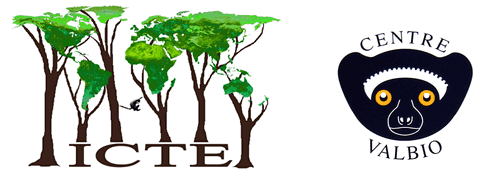
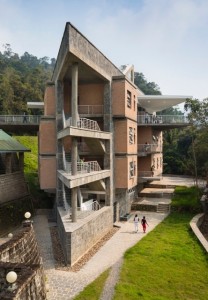
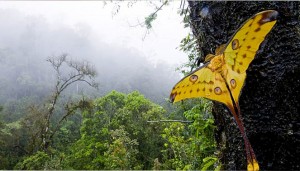
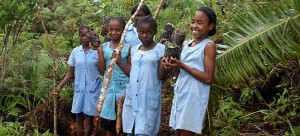
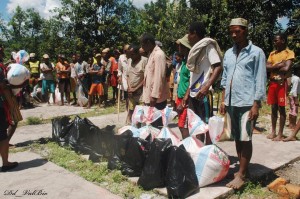
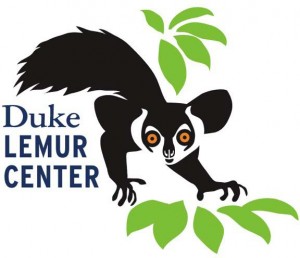

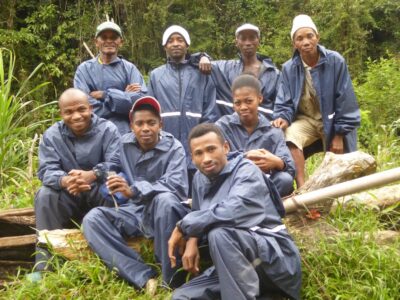
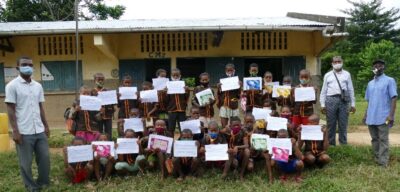
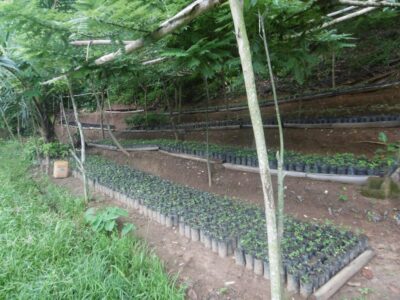
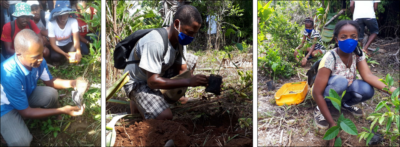
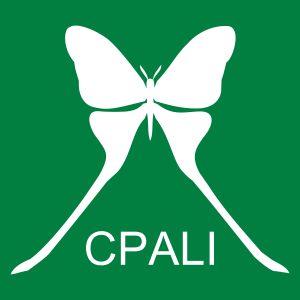
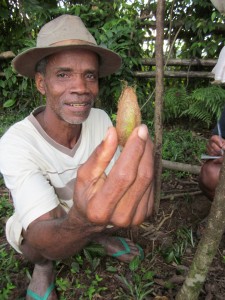
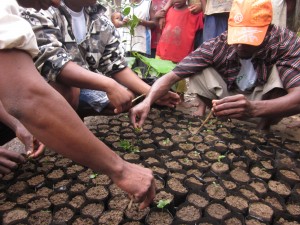
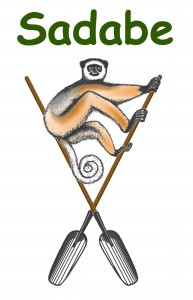
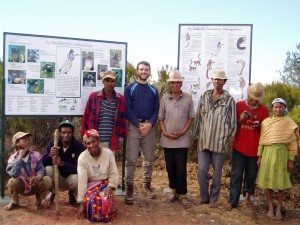
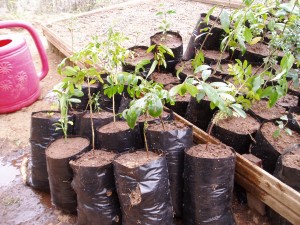 Funded by
Funded by 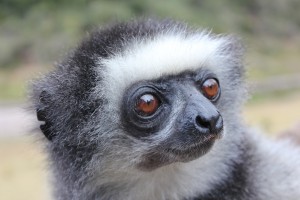 What Lemur Species We Protect
What Lemur Species We Protect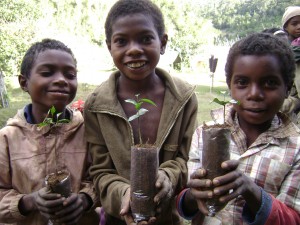

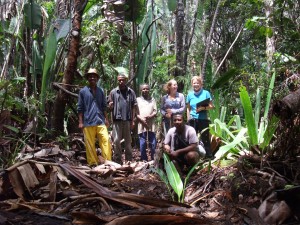
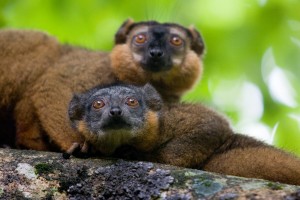
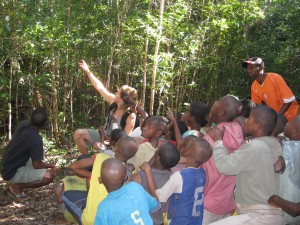 The work we do involves communities at every stage of project development, implementation, and evaluation. This makes projects more sustainable and promotes local ownership.
The work we do involves communities at every stage of project development, implementation, and evaluation. This makes projects more sustainable and promotes local ownership.